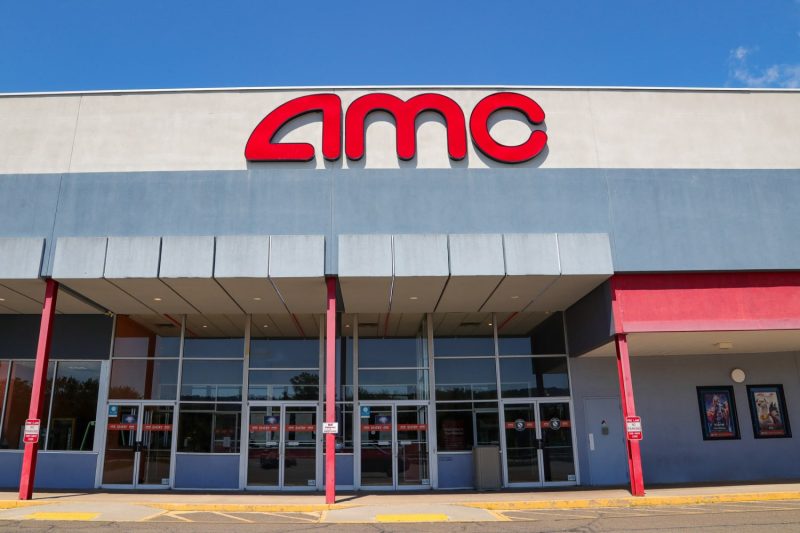Meme Stock Mania 2.0: A Deeper Dive into the Resurgence of GameStop, AMC, and Beyond
Reddit’s WallStreetBets community has once again ignited a firestorm in the stock market, propelling meme stocks to the forefront of investors’ attention. GameStop, the iconic video game retailer, and AMC Entertainment, the struggling theater chain, have once more become household names in the financial world. But what is driving this resurgence of meme stock mania and why are these stocks back in the spotlight?
The Coordinated Retail Investor Movement
At the heart of the renewed interest in meme stocks is the coordinated retail investor movement that first gained widespread attention during the GameStop short squeeze in early 2021. Retail investors, often organized through social media platforms like Reddit and Twitter, are leveraging their collective buying power to drive up the prices of heavily shorted stocks, causing significant losses for institutional investors.
This grassroots movement is fueled by a sense of camaraderie among individual investors who are looking to challenge the traditional power dynamics of the stock market. By banding together, retail investors are able to amplify their impact, creating volatile trading conditions that have caught the attention of Wall Street and regulators alike.
GameStop: From Video Games to Financial Battlefield
GameStop, the unlikely hero of the meme stock saga, has once again found itself at the center of attention. The company’s stock price has experienced wild fluctuations, driven by a mix of fundamental factors and speculative trading activity. Despite ongoing challenges in its core business, GameStop has become a symbol of retail investor activism, with supporters rallying behind the stock as a way to stick it to the Wall Street establishment.
The GameStop story is a testament to the power of collective action in the stock market and the increasing influence of retail investors in shaping market dynamics. While some analysts question the long-term viability of GameStop’s business model, the stock continues to be a lightning rod for retail investors who see it as a symbol of their broader push for market reform.
AMC: The Silver Screen Spectacle
Meanwhile, AMC Entertainment has also seen its stock price skyrocket amid the meme stock frenzy. The theater chain, which has been hit hard by the pandemic-related closure of its cinemas, has become an unlikely beneficiary of the retail investor movement. Like GameStop, AMC has captured the imagination of individual investors who are drawn to its underdog narrative and potential for outsized returns.
The surge in AMC’s stock price has allowed the company to raise much-needed capital through equity offerings, providing a lifeline to a business that was on the brink of collapse. While some skeptics warn of the risks associated with investing in a struggling industry, supporters of AMC view the stock as a symbol of resilience and defiance against the forces of Wall Street.
Looking Ahead: Navigating the Meme Stock Landscape
As meme stocks continue to dominate headlines and captivate investors’ attention, it is important to approach these investments with caution and a clear understanding of the risks involved. The volatile nature of meme stocks means that prices can fluctuate wildly based on sentiment and speculation, making them inherently risky and unsuitable for all investors.
For retail investors looking to participate in the meme stock frenzy, it is crucial to conduct thorough research, diversify their portfolios, and be aware of the potential for significant losses. While the allure of quick profits may be tempting, the reality of investing in meme stocks is far more complex and unpredictable than meets the eye.
In conclusion, the resurgence of meme stocks like GameStop and AMC highlights the evolving dynamics of the stock market and the growing influence of retail investors in shaping market trends. While the meme stock mania may come and go, its impact on the financial industry is likely to endure, pushing for greater transparency, accountability, and democratization in the world of investing. As retail investors continue to make their voices heard, the future of meme stocks remains uncertain but undeniably intriguing.

